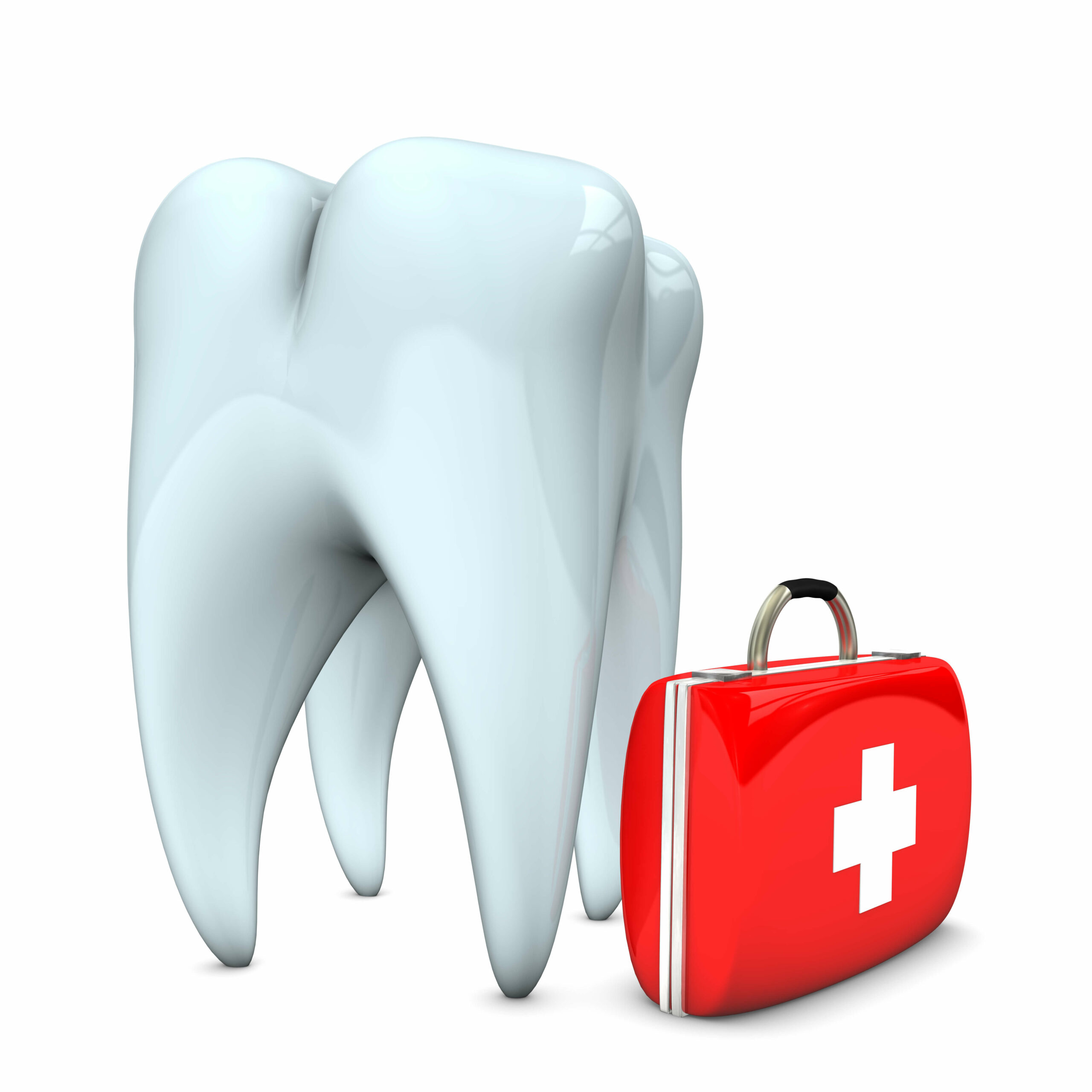
The soft tissue in your mouth can be extremely sensitive, so even small injuries to your gums can be unexpectedly painful. Read on for more information on the different types of gum injuries, how you can treat them by yourself, and what sort of treatment you can expect to receive from a dentist.
Gum trauma
This is the most common form of gum injury. It can be caused by a wide range of things: sporting injuries, accidental falls, and motor vehicle accidents. If the wound is bleeding heavily, you should treat the situation as an emergency, and get to a dentist as soon as possible. When the bleeding is less severe, however, you may be able to treat your gum trauma by yourself.
First of all, stay calm. Gum injuries tend not to bleed very much, but when they do the mix of blood and saliva can often make it seem far worse than it is. Stay calm and after the bleeding stops, you can tend to the injury in the following ways:
- Rinse your mouth out with salt water, which helps to keep your wound clean.
- Apply some gauze to stem the flow if the bleeding in your mouth is particularly heavy.
- Use an ice pack or cold compress to reduce swelling.
If the bleeding doesn’t stop within 10 minutes of the injury you need to make an appointment with a dentist as soon as possible, but even if it does, you should still make an appointment to have the damage assessed by a professional.
When you get to a dentist, they’ll assess you to see whether the injury is affecting the teeth as well as the gums and soft tissue, or just the gums. If the teeth aren’t affected, the treatment that you receive will depend upon what type of gum injury you have, and how severe it is. Some of the treatments for cuts and gum trauma will include stitching the wound shut. In most cases, this won’t be required, and all that the dentist will do is clean the wound to scrape away any debris that’s formed. You may also be given antibiotics or sedatives.
Foreign bodies lodged in gums
If foreign objects like food or toothpick splinters get lodged in your gums, it can lead to an infection. You can try to dislodge the object with dental floss, but there’s always a possibility that you’ll just drive the object further into the gum. If you’re not confident in your ability to remove the object by yourself, book an appointment with a dentist.
Gum abscess
A sac of pus within the gum that’s caused by infections, it’s important that you act fast with an abscess. If you don’t treat it the infection can spread to other parts of your body, including your jaw bone. Symptoms include toothache-like pain, sensitivity to extreme temperatures, or bad breath. It will usually be treated by draining the pus from the abscess and performing a root canal.
Gum disease
If your gums are sore, red (healthy gums are generally pink in color), sensitive to extreme temperatures and bleed after brushing, they may be in the early stages of gum disease. Caused by bacteria in plaque, gum disease is usually the result of poor oral hygiene. It’s extremely serious, and you’ll need to see a dentist right away.
Swollen gums
Swollen gums can be caused by a wide variety of things:
- Poor oral hygiene
- Brushing too hard
- Incorrect flossing practice
- Pregnancy and hormonal changes
- Smoking
- Chemotherapy
- Vitamin deficiencies.
They can often be alleviated simply by improving your oral hygiene, so there’s no real need to rush to see an emergency dentist. However, it’s always wise to schedule an appointment just to see how serious the damage is.
Need to receive treatment for a gum injury? Contact Westover Hills Family Dental, and we’ll set you up with an appointment with a local dentist.




